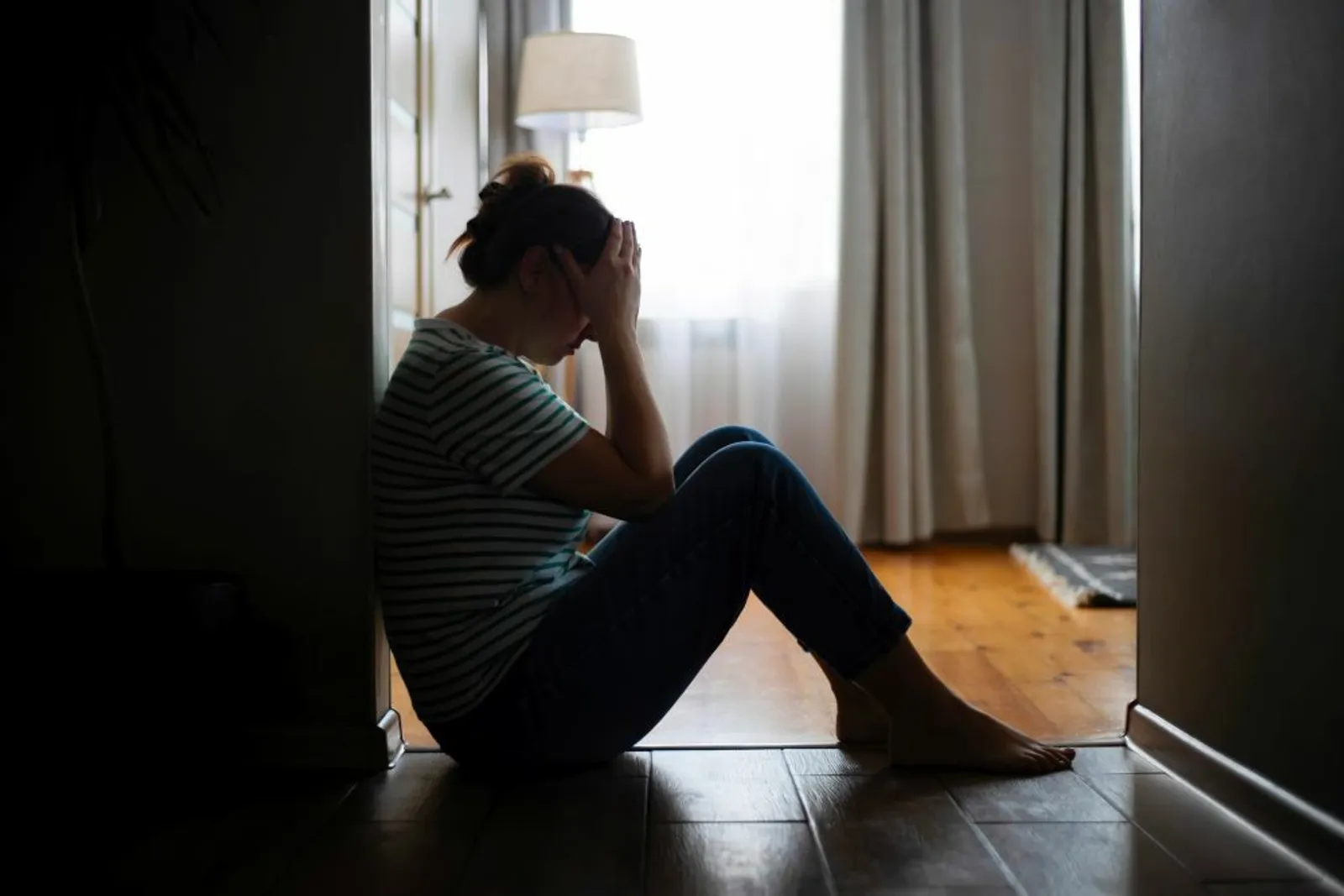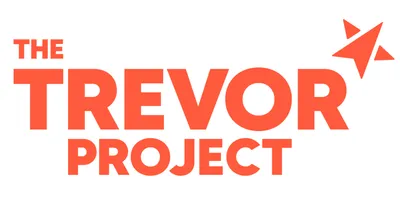
Shame

What is shame?
No one is perfect, that’s for sure. It’s normal to make mistakes, it’s common to disagree with people, and there’s no way you can satisfy everyone’s expectations of you. And that’s more than OK—it’s a natural part of life.
When you do something wrong, a common consequence is feeling guilty. Guilt is an emotion associated with regretful behaviors, decisions, and actions. If you struggle with guilt, you may overly fixate on past wrongdoings, sometimes to the point of panic or depression.
But if processed well, guilt can be motivating and energizing. It can teach you what not to do in the future, and it can even inspire big life changes (like dedicating more time to helping others).
Shame operates a little differently than guilt. If guilt feels like, “I did something bad and I feel awful about it,” then shame feels like, “I am bad, through and through.” It can come with feelings of self-disgust; the feeling that you are a disgrace; that you are unworthy of love; and that you should hide your true feelings, interests, and identity.
Everyone has experienced feeling ashamed or embarrassed at some point in their life, and a bit of humility is healthy. It’s good to be able to laugh at yourself when you make a mistake, and to correct yourself when you encounter a boundary. But when shame overtakes your thoughts, you can end up believing you are an inherently bad person.
It can’t be overstated how hard it is to cope with shame. The feeling is a very heavy burden to carry every day. Shame can stop you from enjoying life, taking new opportunities, and even getting close to others. Shame can make you hide parts of yourself that deserve to be heard and seen.
In some cases, shame can even contribute to or exacerbate mental health conditions like depression or anxiety.
What’s causing my shame?
Sometimes, people feel shame about certain parts of themselves and their identities, usually things they can’t help but still carry negative associations. These associations are called stigma: a set of negative assumptions about certain people or identities.
Exposure to stigma over time is damaging. If you are told over and over that who you are is wrong or bad, it makes sense that you would carry that feeling with you.
Trauma is also a source of shame for many. Bullying, abuse, neglect, and violence undoubtedly create emotional wounds. Trauma has a strange tendency to cause people to blame themselves for bad things that happened to them, even when they weren’t their fault.
How shame impacts the LBGTQ+ community
The legacy of discriminatory attitudes and practices toward the LGBTQ+ community has created an immense amount of shame for LGBTQ+ people.
A helpful way to think about the connection between shame and anti-LGBTQ+ stigma is the minority stress framework. The experience of shame can be explained as a result of the combination of distal factors (things like hatred, prejudice, rejection), proximal factors (internalized homophobia, transphobia, and similar stigma) and resilience factors (like pride, community, and cultural celebration).
Though much progress has been made to destigmatize both mental health conditions and LGBTQ+ identity, conversion therapy is still widely practiced in many states. The assumption that being yourself is a disease continues to create unwarranted shame for LGBTQ+ folks.
How should I deal with shame?
Now that you know more about shame, you can begin to cope with and heal from it. You deserve some relief from these feelings; no one deserves to feel like a bad person, day in and day out.
Things to try
-
Therapists and psychiatrists are trained to deal with a range of situations and can reliably hold a safe space for working through things together and develop helpful coping skills.Explore More
-
Practice positive affirmations
Shame unfortunately convinces many that they are unworthy or unlovable. Take time to praise and love yourself; for example, write down three things you like about yourself every day.Explore More -
Recognize when to get help
If you feel things getting worse instead of better, notice you've lost interest in people and things you used to enjoy, or have trouble doing everyday things like eating, getting dressed, and getting out of the house, you may be experiencing a more serious mental health issue and it’s important to seek out help from a therapist or psychiatrist who can help you find relief. It can be hard to recognize changes in symptoms, so consider tracking them in a journal or mood-tracking app. If you or a loved one is having thoughts of self-harm, talk to someone you trust or call or text 988 to get free and confidential support from the 988 Suicide & Crisis Lifeline. Learn about more crisis resourcesExplore More
What can I do now?
-
Online directory | Support groupFind Support Groups | Mental Health America
- Helpline | Text line | Online Live ChatTREVOR line | The Trevor Project
-
Online interactive tool(s)Where to get help | Mental Health America


